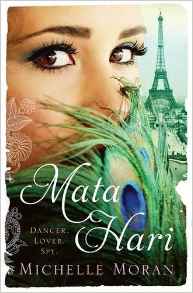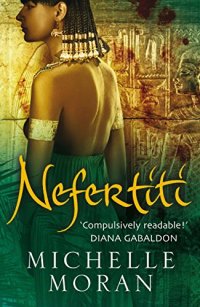
I’m delighted to be hosting a fascinating guest post from Hattie Holden Edmonds today as part of the celebrations of her novel Cinema Lumiere. Cinema Lumiere is published by Red Door and is available in e-book and paperback on Amazon, Wordery and from Waterstones and all good bookshops.
Cinema Lumiere

Hannah Bailey has sealed her heart against love, she’s resigned herself to a dead-end job and her catastrophic thinking is out of control. In fact, she’s hard pushed to find a single reason for her existence until the day she stumbles across a tiny cinema with just one seat…
Cinema Lumière is a cinema with a difference. No ticket is required and once inside, each customer is shown a subtly edited film of their life. But how does its French owner Victor make such films and why is he so determined to coax Hannah into that single red velvet seat?
Peoples Book Prize
Hattie Holden Edmonds’ Cinema Lumiere is nominated in the fiction category of The Peoples Book Prize and you can vote for her here.

The Great Cinema Screen in the Sky
A Guest Post by Hattie Holden Edmonds
My passion for unusual cinemas was sparked in my early twenties. I was on holiday in Barcelona and was invited to an outdoor screening of Julian Temple’s The Great Rock and Roll Swindle. The park where it was showing was slap bang next to the city zoo and the Sex Pistols soundtrack was boosted by quite a few of the residents; hysterical hyenas, shrieking monkeys, chattering parrots and something else, which we couldn’t quite identify but which sounded quite sinister.
Since then, I try to find the most unlikely places to watch a film wherever I go: in a medieval barn near Stroud (Pasolini’s Canterbury Tales); an 8-seater shack in Mexico (Maria Full of Grace); on The Village Butty moored by London’s Golborne Road (True Romance). So, given the premise of Cinema Lumiere, it seemed obvious to also set it in a quirky (fictional) picture house up near Kensal Green cemetery in West London.
The idea for the novel came from two sources – one of them a non-fiction book called Testimony of Light. It’s the true story of two elderly friends, one of whom dies but is able to somehow (big leap of faith needed here!) come back from ‘the other side’ and tell her close friend what happened to her after she died. The most intriguing bit for me was her account of being shown a film of her life, in which she re-experienced all the most important moments of her time on earth.
I couldn’t stop thinking about this notion of a life review after we die, so the fictional cinema in my novel has only one seat, due to the fact that only one person can enter it at a time. It’s run by Victor, an old French man who also makes the films screened there and who knows Hannah, the main character whose life is such a mess. Of course, the big question is – how is he able to gain access to people’s lives and create such personal footage? You don’t find out until the final page.
Before I started writing the book, I did a lot of research, which included speaking to nurses and doctors whose patients had undergone Near Death Experiences. Whether or not you believe in the afterlife, they made for fascinating interviews. Particularly because many of the patients reported seeing a film of their life – not just a flash before their eyes, but a full-on immersive movie, where they got to re-experience all the emotions they’d felt at the time.
Who knows if these accounts of life reviews are true? We’ll all have to wait until the curtains on this present existence close, but in the meantime it’s been a fascinating idea to play around with.
About Hattie Holden Edmonds

Hattie Holden Edmonds has held down a variety of jobs including junior assistant on Separates in Clements department store, chief plugger-in of cables in a Berlin recording studio, hat-maker and a very clumsy waitress in an ice cream parlour. Apart from writing, she teaches meditation at a palliative care unit in Ladbroke Grove, and runs a part time and very rickety cinema from a fisherman’s shack in Whitstable. She loves a good swim, and dreams of being able to knock up a decent three course meal.
You can visit Hattie’s website, follow her on Twitter and find more with these other bloggers.
























